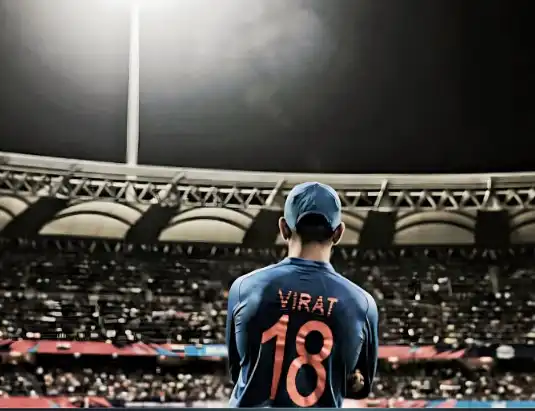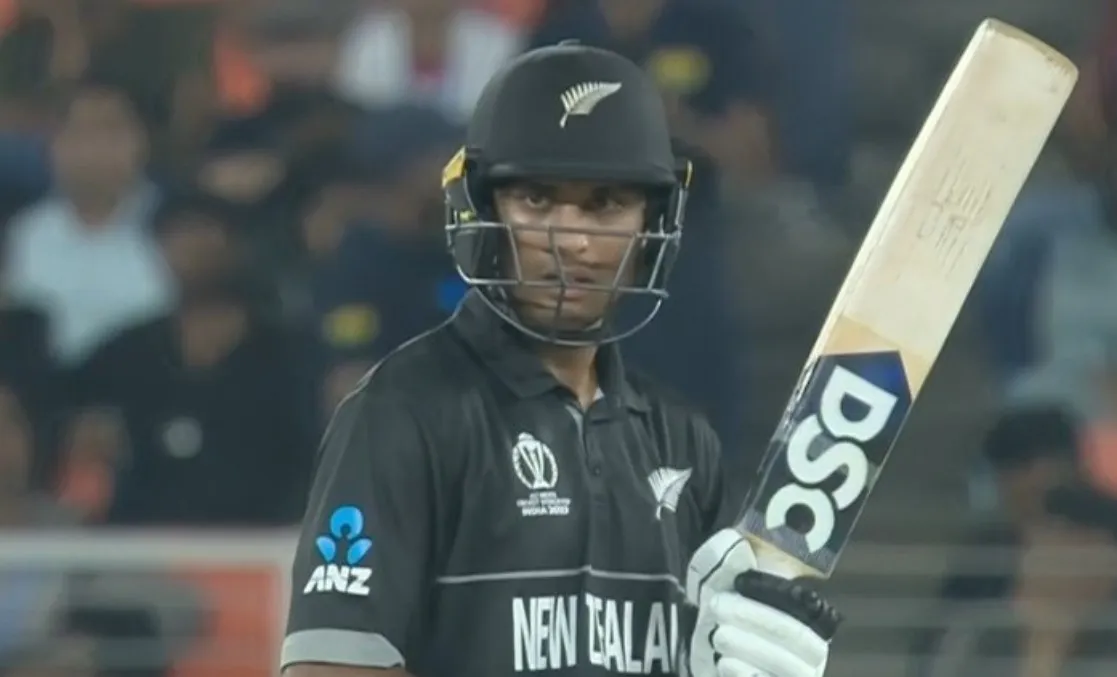 Rachin Ravindra's parents are Indian settled in New Zealand (Twitter)
Rachin Ravindra's parents are Indian settled in New Zealand (Twitter)
Cricket is a sport that emerged from colonial alleyways and has now become a global phenomenon, celebrating diversity and talent from all corners. One doesn't have to look further than the bustling stadiums of India or the deafening chants of the fans to understand the deep-rooted love and connection this nation shares with the game.
The vigour with which cricket is played and celebrated in the subcontinent has not only given rise to Indian legends but has also sowed seeds in hearts worldwide, giving rise to talents of Indian origin shining brightly for other nations.
New Zealand's prodigious all-rounder, Rachin Ravindra's recent explosive entry onto the World Cup stage serves as a prime example of this narrative. Born in the distant shores of New Zealand to Indian parents, this young prodigy's style of play resonates with the grace and finesse often associated with subcontinental batsmen. His magnificent century against England in the World Cup 2023 opener is proof of his Kiwi upbringing and Indian heritage.
Here's a look at the top 5 cricketers of Indian origin who have graced the World Cup playing for other countries.
1. Rachin Ravindra
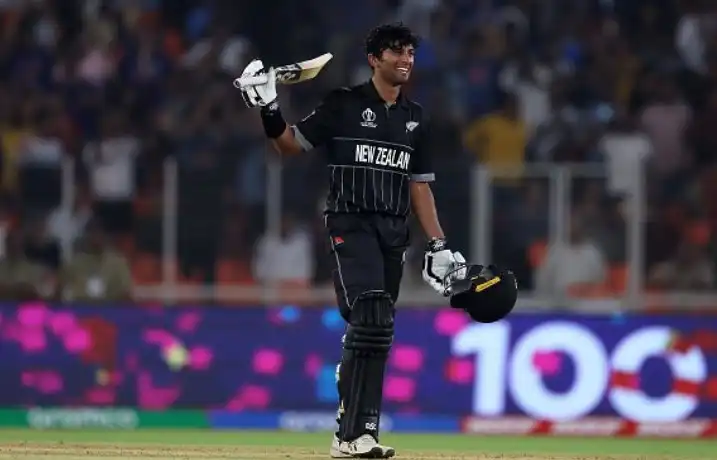 Rachin Ravindra (Twitter)
Rachin Ravindra (Twitter)
Born in Wellington to Indian parents, Rachin's journey to international cricket has been spectacular. While his technique reminds many of Indian cricket's elegance, his all-round abilities cater to the modern demands of the game. His World Cup 2023 innings against England was a reflection of his maturity, combining the best of aggression and composure. Off the field, Ravindra has often spoken about the importance of his Indian heritage and how it shapes his approach to cricket. Furthermore, what shows his connection to Indian heritage is the fact that he has been named after legendary Indian cricketers Sachin Tendulkar and Rahul Dravid.
2. Nasser Hussain
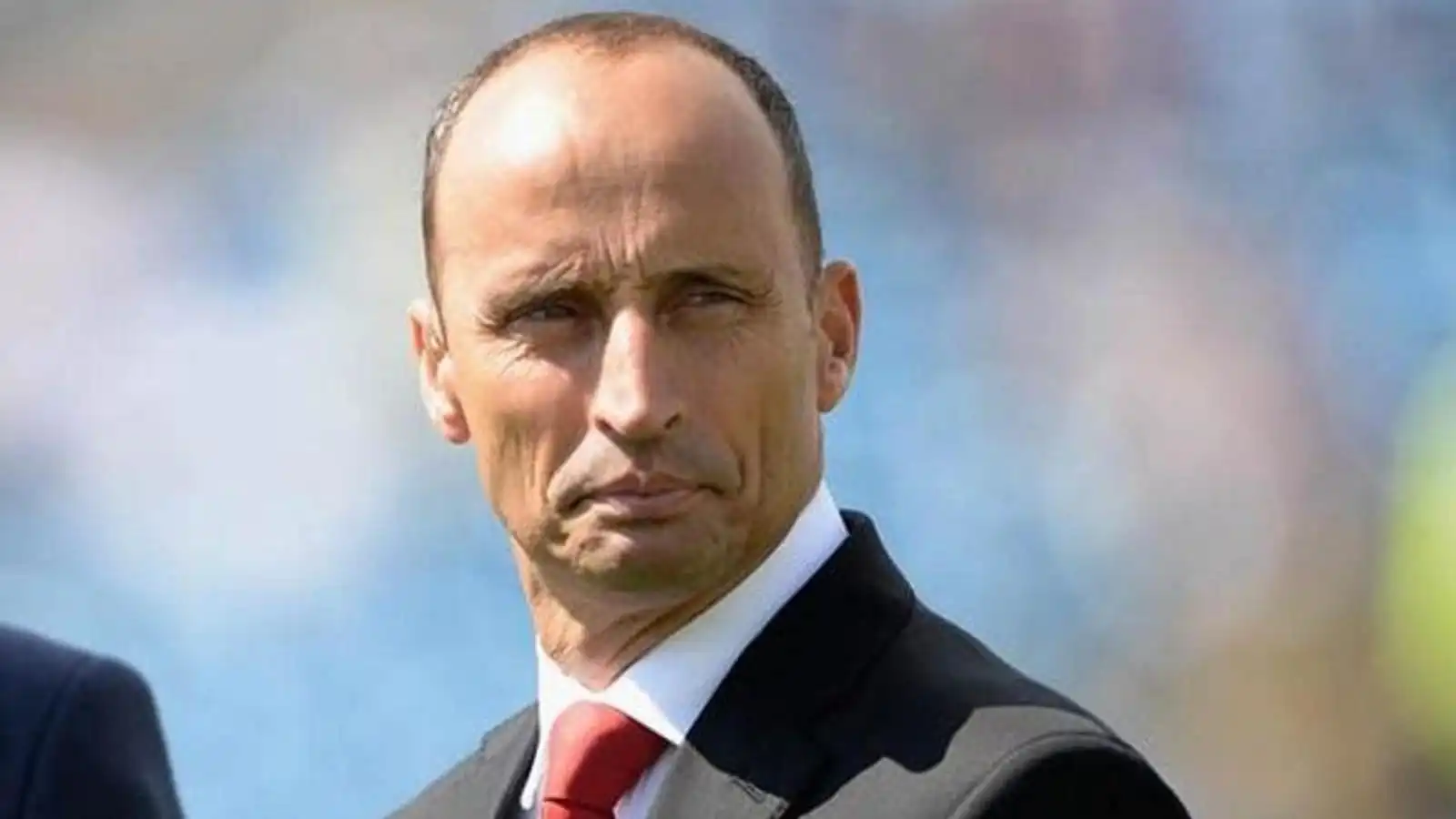 Nasser Hussain (Twitter)
Nasser Hussain (Twitter)
Born in Madras (now Chennai), Nasser moved to England as a child. The son of Joe Hussain, a former cricketer for Tamil Nadu, Nasser's foundational cricketing lessons were embedded with the complexities of Indian cricket. Making his World Cup debut for England in 1996 and captaining in 2003, he brought a combative edge to English cricket. His captaincy saw England adopting a more aggressive and strategic approach, often reminiscent of subcontinental teams. Hussain's deep connection with India was also evident in his commentary stints, where he frequently referenced his formative years in Chennai.
3. Ish Sodhi
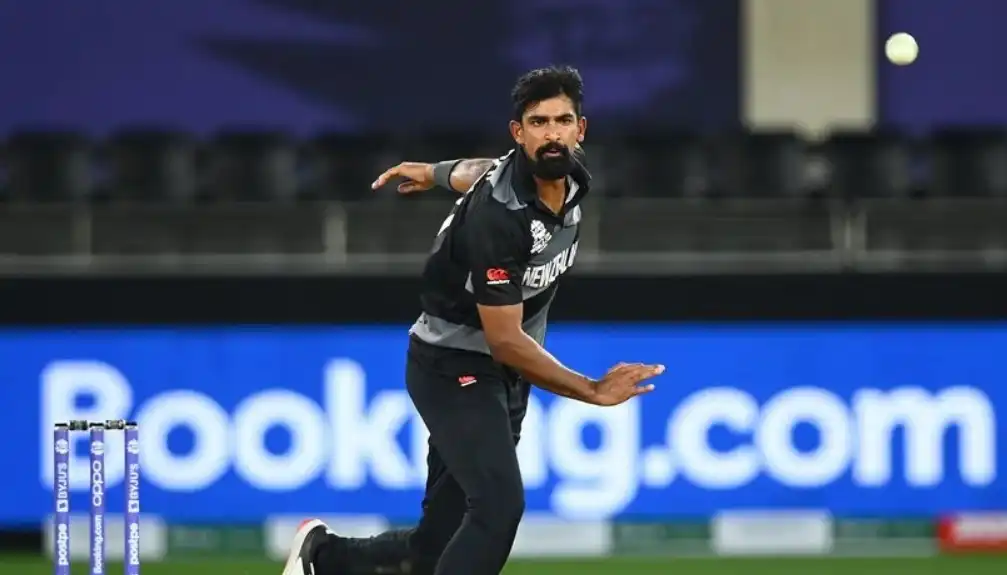 Ish Sodhi (Twitter)
Ish Sodhi (Twitter)
Born to Punjabi parents in Ludhiana, Sodhi's family moved to South Auckland when he was four. The leg-spinner, inspired by the tales of cricketing legends from his ancestral land, quickly rose through New Zealand's domestic ranks. His leg-spin, a rarity in New Zealand, added a different dimension to their bowling attack. In the 2019 World Cup, he had a subdued presence, but his potential remains unquestionable. His familiarity with Indian pitches, owing to his roots, could prove to be an advantage in the ongoing World Cup 2023.
4. Keshav Maharaj
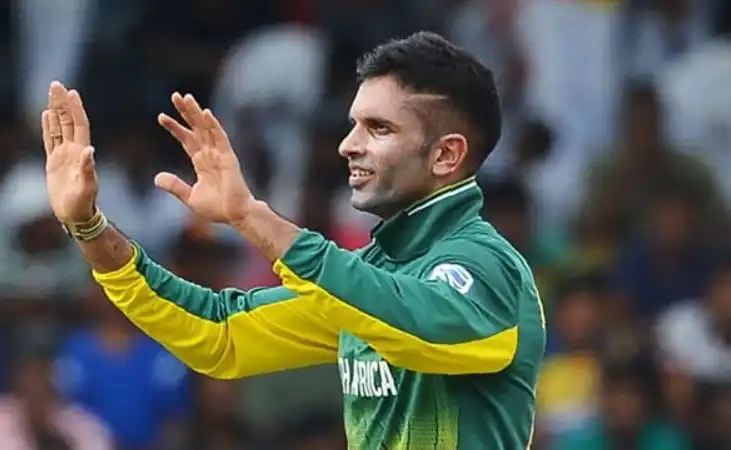 Keshav Maharaj (Twitter)
Keshav Maharaj (Twitter)
The South African left-arm spinner's ancestors hail from Sultanpur, Uttar Pradesh in India. Maharaj's disciplined bowling approach often reminds fans of the traditional Indian spinners' guile and craft. Especially proficient in Tests, his ODI career has seen him emerge as a reliable middle-over bowler. With the World Cup 2023 in India, Maharaj's understanding of the subcontinent conditions could be invaluable to South Africa's campaign.
5. Ravi Bopara
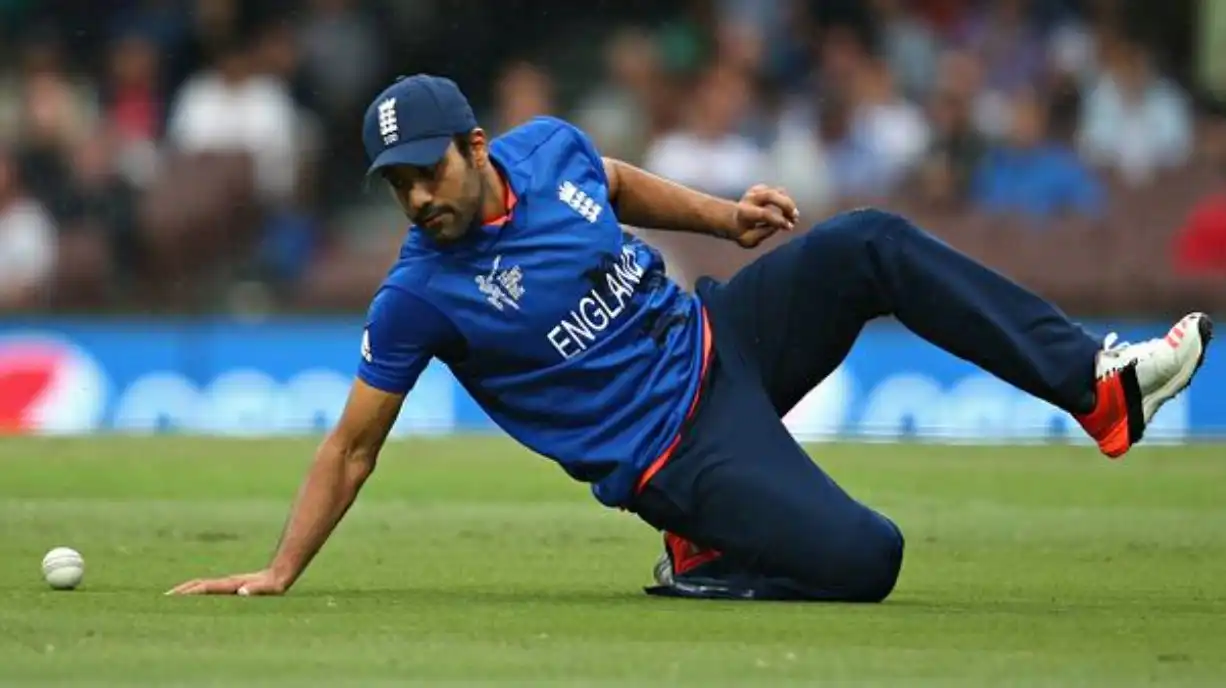 Ravi Bopara (Twitter)
Ravi Bopara (Twitter)
Bopara, with Punjabi origins, was born in London. Known for his versatile skills, he has been a three-dimensional player for England. His medium-pace bowling and handy batting skills made him a fixture in the English side during the late 2000s and early 2010s. Playing in three World Cups (2007, 2011, 2015), Bopara's performances were marked by his adaptability. Off the field, he's often spoken about the influence of Punjabi culture in his life, especially his passion for cricket.
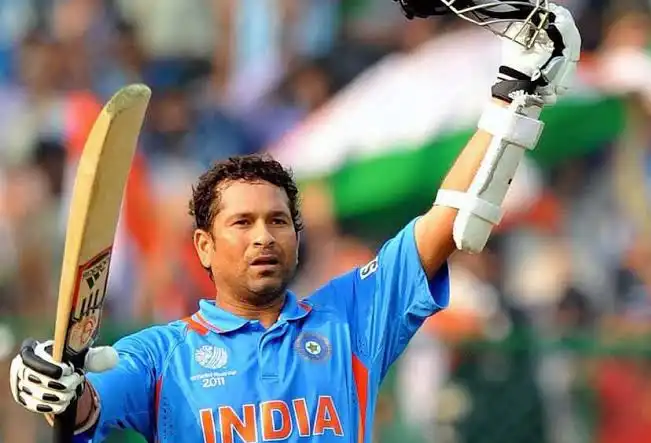
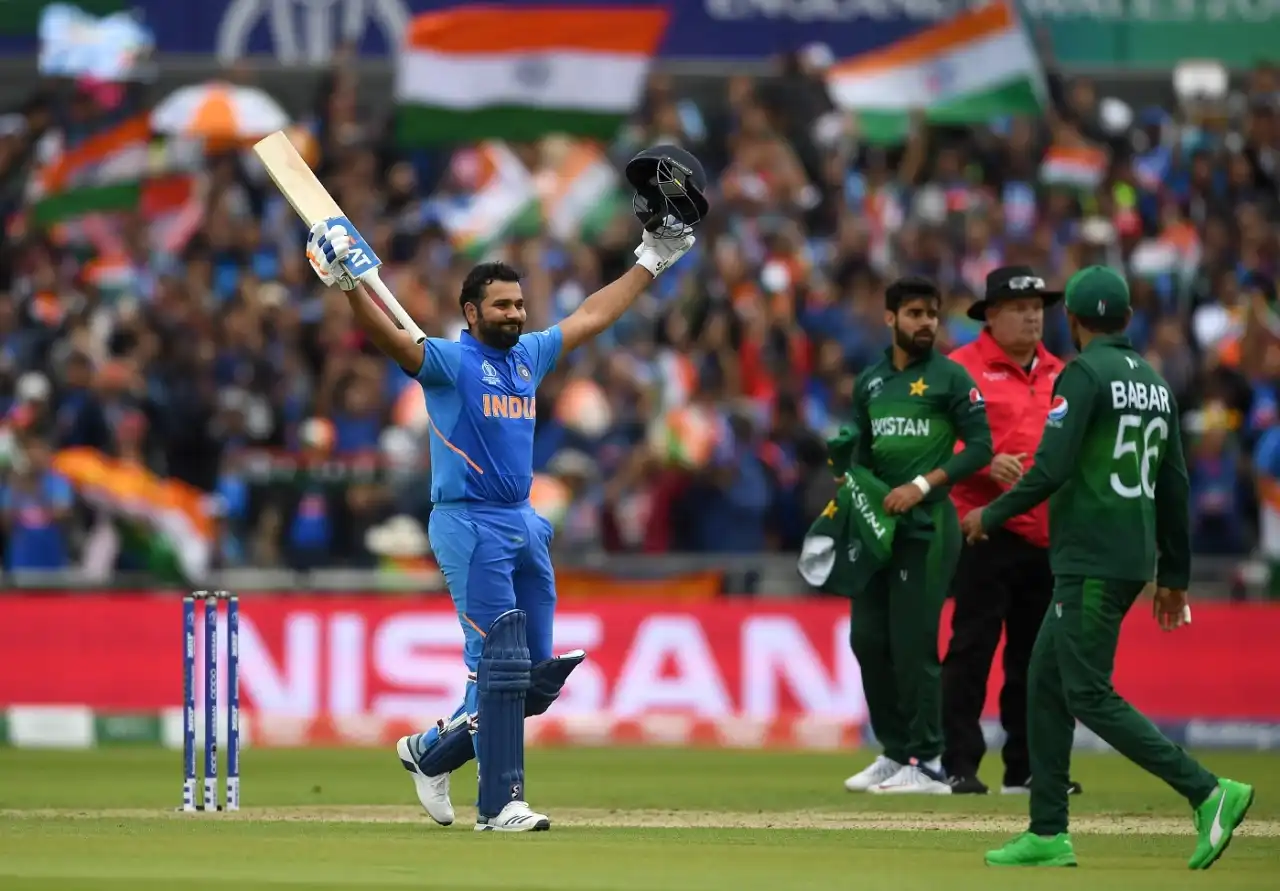
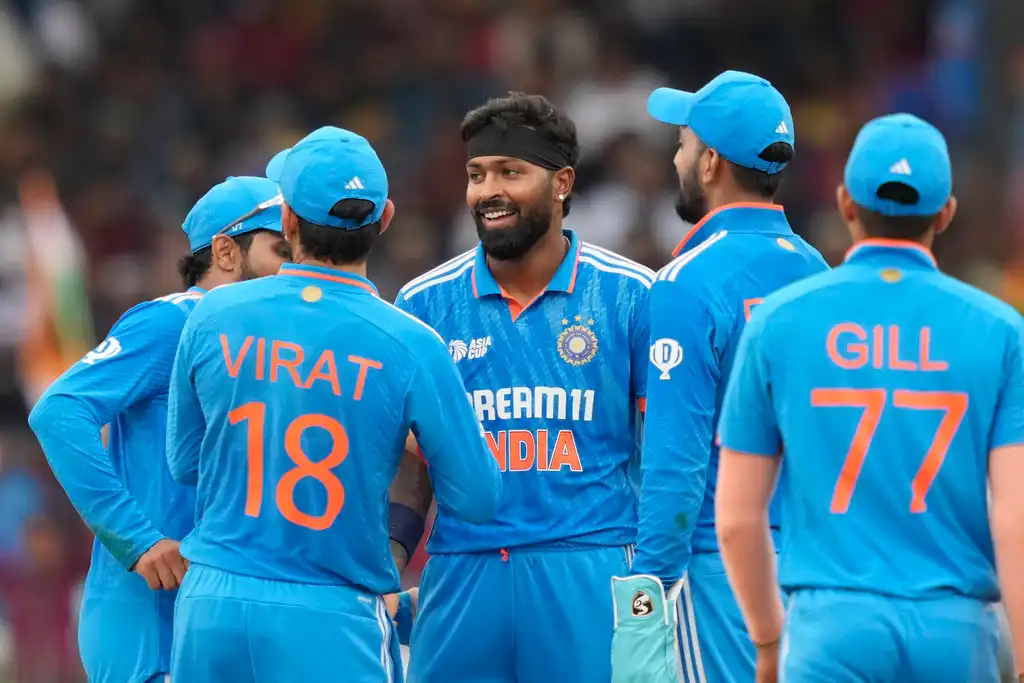
.jpg?type=mq)
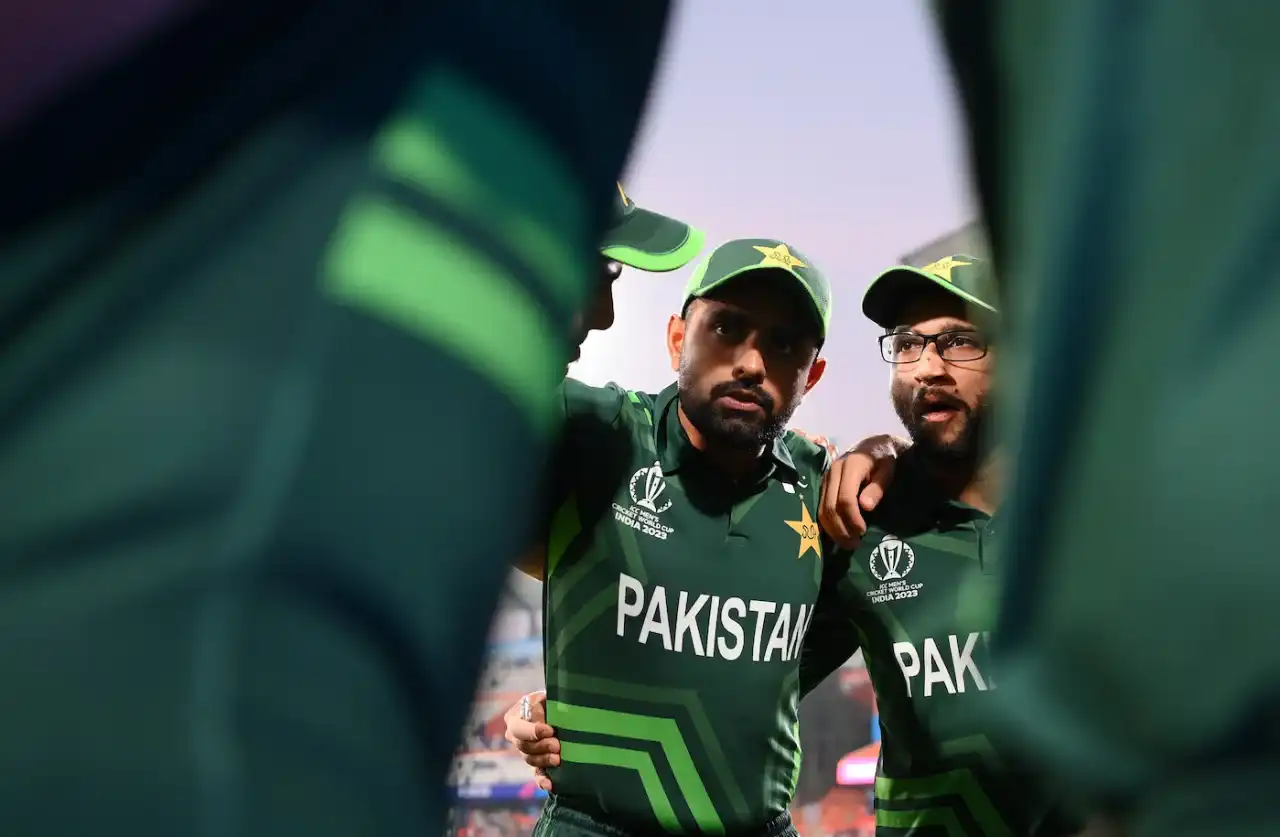
.jpg?type=mq)
